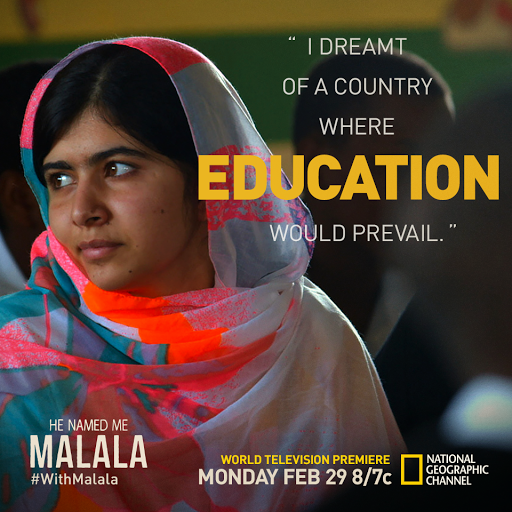
Education – in all its forms – can change the world. And education is the single most effective way to reduce poverty. The Global Partnership for Education notes,
250 million children around the world fail to reach Grade 4 or reach it without learning to read or write.
Many of them are children in fragile and conflict-affected countries, children in rural areas, children with disabilities, and girls, who are the hardest to reach. The global learning crisis is affecting the poorest and most marginalized children, which hampers their ability to have meaningful employment and lead productive lives.
Add gender to the global education crisis, and the statistics are even more dismal:
Despite remarkable progress towards achieving gender equality in education, gender disparities remain in many countries. 63 million girls are still out of school around the world. There are many obstacles that prevent girls from getting an education such as poverty, geographical isolation, early marriage, cultural values, and gender-based violence. Investing in education brings high returns. Girls' education is fundamental to a country's social and economic well-being as it promotes the health and welfare of the next generation.
How do we change the world of girls’ education? How can an educational system and efforts overcome cultural differences that don’t value girls’ education?
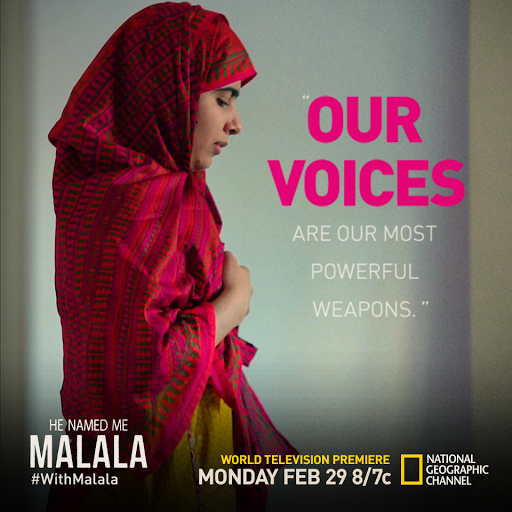
Then came Malala…
Born in 1997 to a family involved in education, Malala Yousafzai was named after a Pashtun heroine. She loved going to school, and promoted education – especially education for girls – on a BBC blog. Once her identity was revealed, she and her family started receiving death threats. Undaunted, she kept up with her efforts – and was awarded Pakistan’s First National Youth Peace Prize – and was nominated by Archbishop Desmond Tutu for the International Children's Peace Prize. Because of her increasing exposure and continued efforts for education, Taliban leaders voted to kill her.
In 2012, Malala was shot in the head, neck, and shoulders while riding the bus to school. She was evacuated to the UK, and was released from the hospital in 2013.
The Taliban's attempt to kill Malala received worldwide condemnation and led to protests across Pakistan. In the weeks after the attack, over 2 million people signed a right to education petition, and the National Assembly swiftly ratified Pakistan's first Right To Free and Compulsory Education Bill.

After her release from the hospital, Malala became a global speaker and advocate for girls’ education – and together with her father, established the Malala Fund, which brings awareness to the social and economic impact of girls' education and to empower girls to raise their voices, to unlock their potential and to demand change.
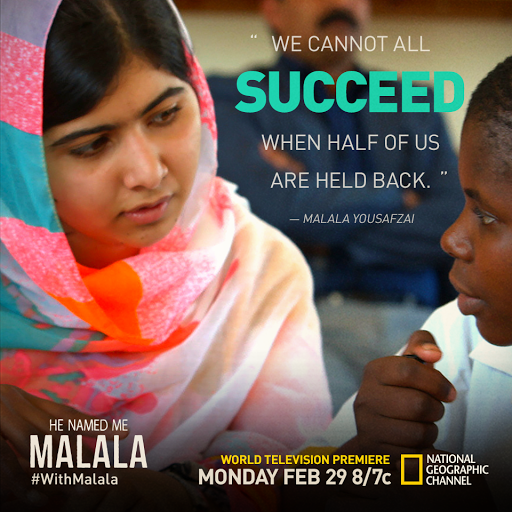
When girls are educated, everyone benefits
There are many reasons girls do not continue their schooling including poverty or traditions that do not value girls learning. Girls may drop out to marry, because of violence in or around school, or due to cost. Often there are simply no schools for girls to go to, even if they want to continue to learn.
We challenge the view that a few years of "basic" education is enough. We believe every girl should be able to receive 12 years of free, safe, quality education.
Learn more: in the new book from the Center for Universal Education at Brookings, What Works in Girls' Education, authors Gene Sperling and Rebecca Winthrop have collected a comprehensive body of evidence on why and how to improve education for girls around the world. Drawing on that work, these factsheets highlight the key pieces of evidence.
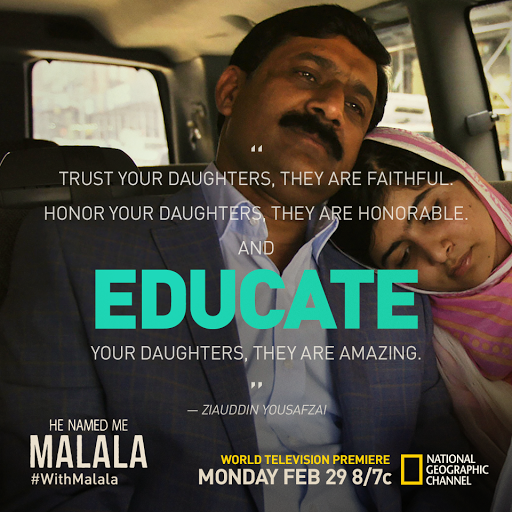
In 2014, Malala won the Nobel Peace Prize – and donated her $1.1million prize to founding a school for girls in Pakistan.
What can we do?
On Monday, January 29, the extraordinary movie about Malala, He Named Me Malala, will be shown on the National Geographic channel. This film was directed by Academy Award winner Davis Guggenheim, and shows us how Malala, her father Zia, and her family are committed to fighting for education for all girls worldwide. The film gives us an inside glimpse into this extraordinary young girl’s life – from her close relationship with her father who inspired her love for education, to her impassioned speeches at the UN, to her everyday life with her parents and brothers.
"One child, one teacher, one book and one pen can change the world."
– Malala

Tune in on Monday night to watch the movie on National Geographic. We’re ready!
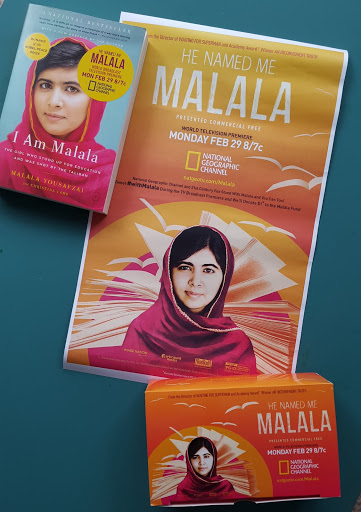
Take action:
Tweet using the hashtag #withmalala – for every tweet, $1 will be donated by 21st Century Fox to girls education at the Malala Fund.
Watch. Learn. Get inspired.

Learn more:
http://channel.nationalgeographic.com/he-named-me-malala/
https://www.malala.org/
